Project Learning Tree’s Education Operating Committee (EOC) is a group of professionals from education, business, and environmental fields that meets twice yearly to provide expertise, leadership, and strategy direction to the American forest Foundation (AFF) and its national environmental education program Project Learning Tree (PLT). Their goal is to help further the understanding of complex environmental issues and natural resource management among educators, youth, and their families.
With the start of the year, we say goodbye to 3 members who have dedicated many years to helping PLT work towards its mission, and we welcome 5 new members!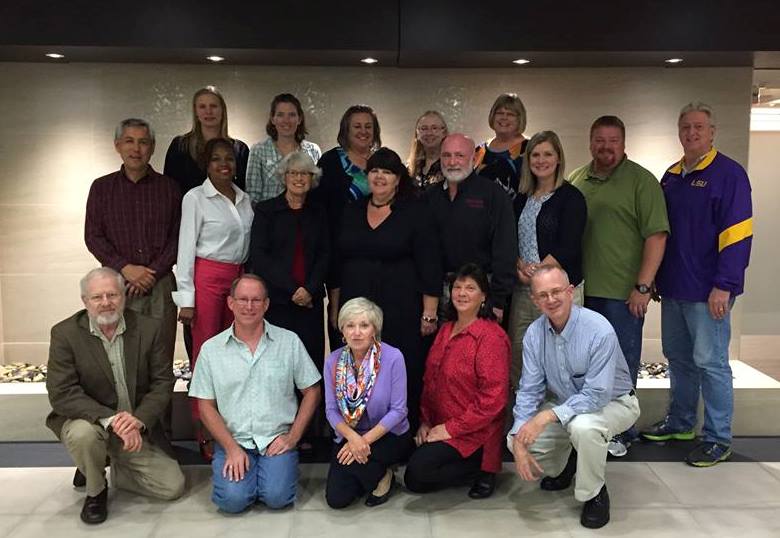
Our heartfelt thanks to Frank Gallagher Ph.D., instructor with Rutgers University, Bora Simmons Ph.D., Director of the National Project for Excellence in Environmental Education at the University of Oregon, and Brenda Weiser Ed.D., Associate Professor, Science Education at the University of Houston – Clear Lake. Thank you for your outstanding support, hard work, and commitment to PLT over many years!
Laura Downey Ph.D., Executive Director of the Kansas Association for Conservation and Environmental Education and current EOC member, has taken the reins from Frank Gallagher as a Co-Chair of the EOC and will also now serve on AFF’s Board of Trustees. Laura is a national leader in the field of environmental education and has a Ph.D. from Kansas State in Curriculum and Instruction for Math, Science, and Technology. Rafael Salgado, Executive Director of Cal-Wood Education Center in Colorado, also now serves as Co-Chair of the EOC.
In addition, we welcome 5 new members to the EOC.
“As PLT celebrates its 40th anniversary this year, we are excited to have such a talented group of individuals join our Education Operating Committee,” said Kathy McGlauflin, Executive Director of Project Learning Tree and Senior Vice President, Education with the American Forest Foundation. “They will help PLT implement its new strategic plan designed to keep PLT at the forefront of environmental education.”
The new members are:
Nicole Ardoin, Ph.D.
Nicole is an assistant professor at Stanford University’s Graduate School of Education and the Woods Institute for the Environment. Her research includes informal and place-based education as tools to engage communities in the environment, and understanding the motivations for environmental behaviors, including local connections and nature-based tourism.
Robert Raze, Ph.D.
Robert is a professor at St. Petersburg College, a member of Florida PLT’s State Steering Committee, and a National PLT Outstanding Educator. He works with education students and teachers to share the importance of environmental education, STEM, and new methods of learning.
Rahul Singh
Rahul is the founder and CEO of Anant Corporation, a Washington D.C.-based digital consulting groups that connects its clients with the most advanced technology solutions. He brings an entrepreneurial spirit and technological know-how to the EOC.
National Association of State Foresters
The National Association of State Foresters has appointed two liaisons to the EOC to serve as their schedules permit. Robert Farris is the Director of the Georgia Forestry Commission and Peter Church is the Director of Forest Stewardship for the Massachusetts Department of Conservation and Recreation.
These members bring expertise in business, formal and informal education, and land management to the EOC, and will surely serve to help PLT work towards its mission. PLT has an exciting future ahead, and we look forward to working with this diverse group of new members as we grow!
Photo: Project Learning Tree’s Education Operating Committee members meet in Washington, D.C. in October 2015.
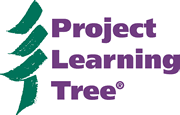
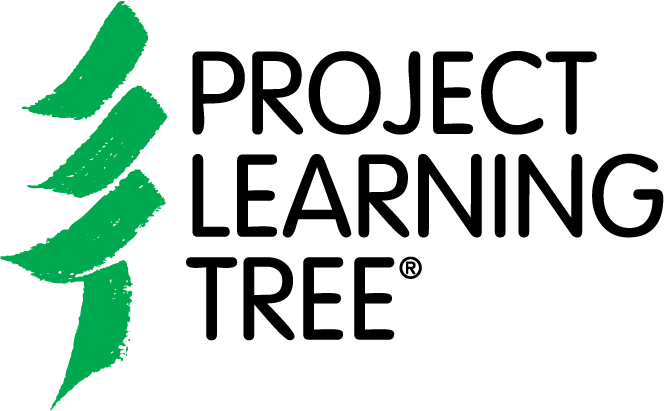
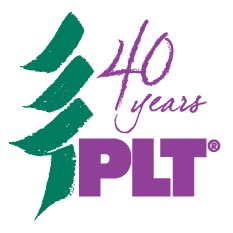 This year, Project Learning Tree is celebrating its 40th anniversary! Back in 1976, the United States celebrated its Bicentennial and the first Earth Day had taken place a few years earlier. Many of the environmental laws and educational reforms now part of everyday life were new on the books or barely imagined. And who knew you would be reading this on a computer screen, let alone on a small handheld device?
This year, Project Learning Tree is celebrating its 40th anniversary! Back in 1976, the United States celebrated its Bicentennial and the first Earth Day had taken place a few years earlier. Many of the environmental laws and educational reforms now part of everyday life were new on the books or barely imagined. And who knew you would be reading this on a computer screen, let alone on a small handheld device?
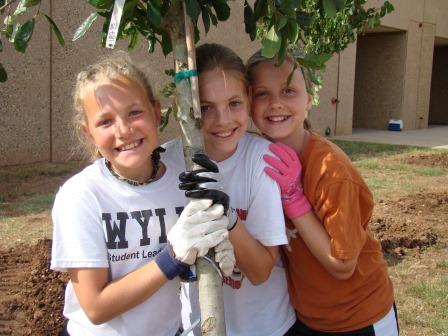 One of the biggest changes this century is the rise of technology. It has changed our lives forever, and our use of technology continues to grow at a galloping pace. Today, anyone with an internet connection can take classes online, and students and teachers have access to more educational content than ever before with online videos, lessons, apps, interactive live broadcasts, networking forums, and more, that can supplement their learning. The rise of social media has been particularly swift and widespread.
One of the biggest changes this century is the rise of technology. It has changed our lives forever, and our use of technology continues to grow at a galloping pace. Today, anyone with an internet connection can take classes online, and students and teachers have access to more educational content than ever before with online videos, lessons, apps, interactive live broadcasts, networking forums, and more, that can supplement their learning. The rise of social media has been particularly swift and widespread. 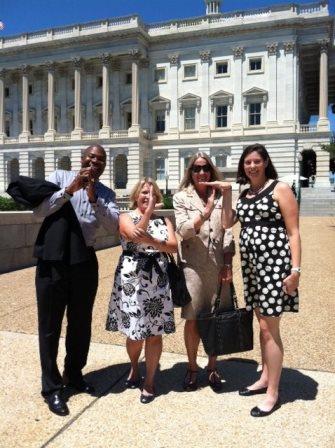 At the end of last year, Congress passed and President Obama signed the Elementary and Secondary Education Act, also known as the Every Student Succeeds Act (ESSA). The Act replaces the No Child Left Behind Act that has been in place since 2001. ESSA provides some $40 billion a year to support K-12 education in the United States and excitingly it includes new provisions that support students learning about the environment, conservation, and field studies.
At the end of last year, Congress passed and President Obama signed the Elementary and Secondary Education Act, also known as the Every Student Succeeds Act (ESSA). The Act replaces the No Child Left Behind Act that has been in place since 2001. ESSA provides some $40 billion a year to support K-12 education in the United States and excitingly it includes new provisions that support students learning about the environment, conservation, and field studies. 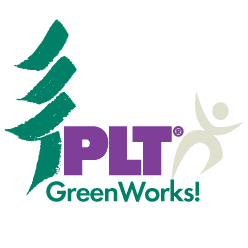 Project Learning Tree is excited to announce that we have awarded 24 GreenWorks! grants to schools and organizations across the country to involve students in community-based environmental projects. Nearly 4,000 students in 18 states will participate in the different projects.
Project Learning Tree is excited to announce that we have awarded 24 GreenWorks! grants to schools and organizations across the country to involve students in community-based environmental projects. Nearly 4,000 students in 18 states will participate in the different projects.
 Online Professional Development for PLT GreenSchools
Online Professional Development for PLT GreenSchools

 PLT’s PreK-8 online workshop costs $40 and takes approximately 4 hours to complete. It includes:
PLT’s PreK-8 online workshop costs $40 and takes approximately 4 hours to complete. It includes:
 Do you remember
Do you remember  To celebrate the official launch of the new Tree Story game, PLT participated in the first tree planting at Washington Yu Ying Public Charter School, a PLT GreenSchool! in Washington, DC. The inagual planting on Earth Day, April 22, 2015, was organized in part by PLT and the Anacostia Watershed Society. As you can probably imagine, students were thrilled to be able to play a mobile game during an assembly, before heading outside to get their hands dirty alongside Woodsy Owl, PLT, and the U.S. Forest Service!
To celebrate the official launch of the new Tree Story game, PLT participated in the first tree planting at Washington Yu Ying Public Charter School, a PLT GreenSchool! in Washington, DC. The inagual planting on Earth Day, April 22, 2015, was organized in part by PLT and the Anacostia Watershed Society. As you can probably imagine, students were thrilled to be able to play a mobile game during an assembly, before heading outside to get their hands dirty alongside Woodsy Owl, PLT, and the U.S. Forest Service!

 Project Learning Tree has awarded 63 GreenWorks! grants to schools and organizations across the country to involve students in community-based environmental projects. Nearly 14,000 students in 33 states and the District of Columbia will participate in the different projects.
Project Learning Tree has awarded 63 GreenWorks! grants to schools and organizations across the country to involve students in community-based environmental projects. Nearly 14,000 students in 33 states and the District of Columbia will participate in the different projects.